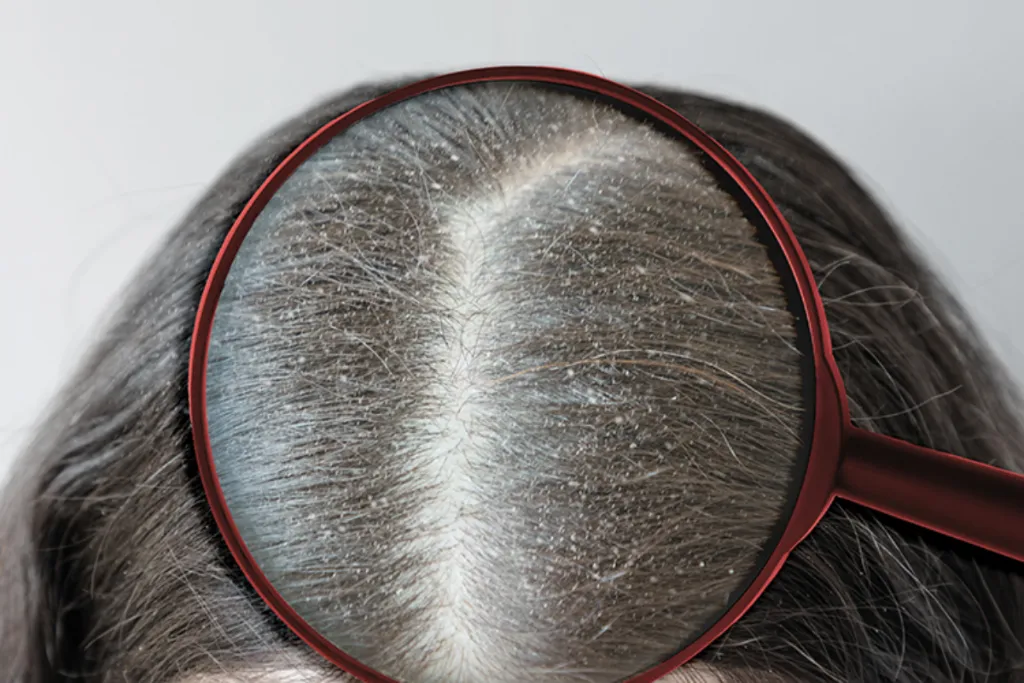A sticky, itchy scalp can cause hair loss: causes and remedies
Diagnosing itchy scalp as a condition is really difficult. Various factors are responsible for an itchy scalp, such as oily skin, dandruff, seborrheic dermatitis, scalp psoriasis, obstruction of the scalp hair follicles, or a yeast infection.
You should consult a board-certified dermatologist soon to address your itchy scalp issues. People often use home remedies like using amla, tulsi, aloe vera, hibiscus flowers or coconut oil etc. to treat itchy scalp. To avoid unnecessary complications, it is necessary to seek medical attention.
Conditions that cause an itchy scalp should not be ignored as they cause hair loss.
Avoid applying excessive amounts of oil to your skin if you have an itchy scalp. If scalp itching persists for a long time, consult a dermatologist immediately.
Learn from an expert about the causes of itchy scalp and how to treat it.
Causes of itchy scalp
Factors that may contribute to the development of an itchy scalp include:

Oily skin and excessive sweating
A person with oily skin or excessive sweating often struggles with the problem of build-up on the scalp. Oil and sweat clog the hair glands and cause itching or inflammation of the hair follicles. This further causes inflammation of the hair follicles, which causes an itchy scalp infection.
Dandruff
A condition in which the skin sheds visible, dry, white scales or sheds sticky scales or layers of scales due to fungal infection, dirt or oil, or shedding of dead or dry skin, is called dandruff. Additionally, it may cause skin redness or irritation. If you have longer hair, you may sometimes experience dandruff.
Seborrheic dermatitis
It is a common skin condition that causes flaking, dermatitis, and sticky or greasy dandruff. It usually affects people with excessively oily skin and causes skin irritation. This often happens in people aged 15-20-35 when stress-induced hormones kick in or they eat a fatty diet.
Scalp psoriasis
This is a skin condition in which thick layers of dandruff flake off and requires immediate medical supervision. In this condition, you may notice changes in your skin.
Irritated scalp
In this condition, if you are struggling with excessive sweating or a bacterial infection, the skin becomes red or inflamed, itchy and irritated.
“Dandruff is not always the main cause of itchy scalp. Other factors can affect your skin, such as age, diet, and stress-induced hormones. A higher stress quotient definitely increases the risk of itchy scalp and may increase the risk of seborrheic dermatitis or dandruff. Therefore, you should pay attention to your diet and reduce your daily intake of fatty and unhealthy foods.”
Common mistakes made by people who have an itchy scalp
The biggest mistake women who experience itchy scalp make is applying a large amount of oil to their hair and leaving it overnight.
“This causes the growth of oleaginous fungus. However, the visibility of dandruff flakes may disappear for some time. We often think that oil cures dandruff, but in the long run it is harmful. Therefore we must prevent it. excessive use of oil on the scalp,” she adds.
Some people also use cottage cheese to treat itchy scalp. Cottage cheese also contains oil along with lactic acid, so its use is not effective and may worsen dandruff or seborrheic dermatitis. We often feel comfortable after applying oil to an irritated scalp, but the truth is that we need to take care of a dry scalp. The flaking will be visible on dry scalp for a short time, but will heal over time and reduce the itchiness of the scalp.
Another common mistake made by the masses is to use various unnecessary scalp medications available online without knowing the exact concentration of the ingredients.
In this regard, the expert warns that “online products are characterized by a general concentration of drugs and may cause a positive reaction in some people and aggravate the problem in others. Therefore, you should absolutely avoid taking medications online without knowing the proportions. ingredients” and consult your dermatologist to cure dandruff or seborrheic dermatitis.
What to do if you suffer from an itchy scalp?
Advice for people suffering from itchy scalp
A proper diagnosis of various skin conditions, whether dandruff, scalp irritations or seborrheic dermatitis, must be made and appropriate treatment routinely administered. Treating an itchy scalp is not that simple and easy due to the recurrence of dandruff and the effects of hormones.
There is no permanent cure for this problem, but we assure you that it goes away with time. However, scalp psoriasis is a lifelong disease. Problems may also disappear with age.
Useful tips on how to control itchy scalp are as follows:
- A general treatment plan for an itchy scalp includes keeping your hair short and using an anti-dandruff shampoo at least once a week.
- Limit the use of products available online without consulting a skin specialist.
- People suffering from excessive dandruff may need to use an anti-dandruff shampoo daily. Since anti-dandruff shampoo contains sulfates, which can cause frizz and dry hair, it is recommended to use a conditioner after shampooing.
- Do not apply excess oil to the skin, and if scalp itching persists for a long time, consult a specialist immediately and treat your scalp according to its condition.
- The ingredients will depend on the condition, whether it is dandruff, seborrheic dermatitis, scalp psoriasis, etc. Let your doctor decide after analyzing the condition of your scalp. Generally, if your scalp condition is normal, you can use a commercial anti-dandruff shampoo 2 to 3 times a week, and the rest of the time you can use a sulfate-free shampoo.
According to the current beauty trend, everyone is interested in using products online. And around 70-80 percent of the total population of India in the age group of 20-30 years has the habit of excessive consumption of medicines available online. They only see a dermatologist when their condition worsens.
It is best to consult a skin specialist first